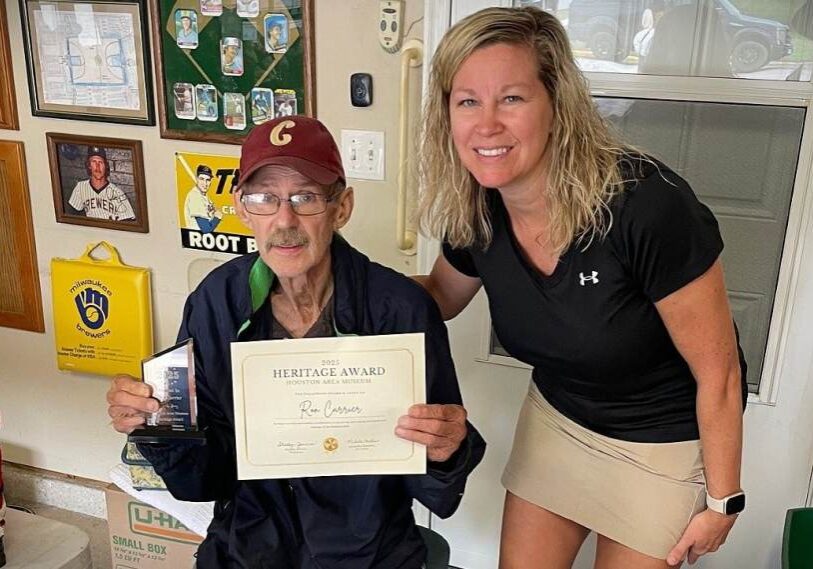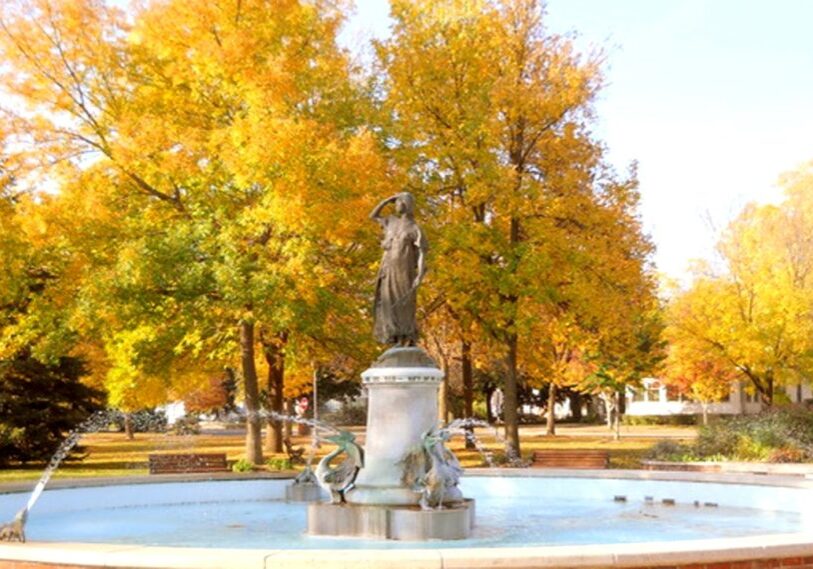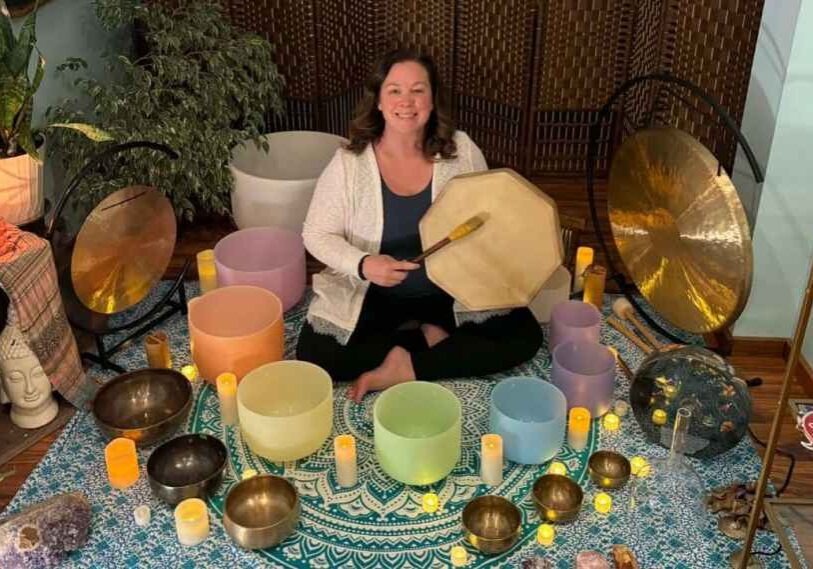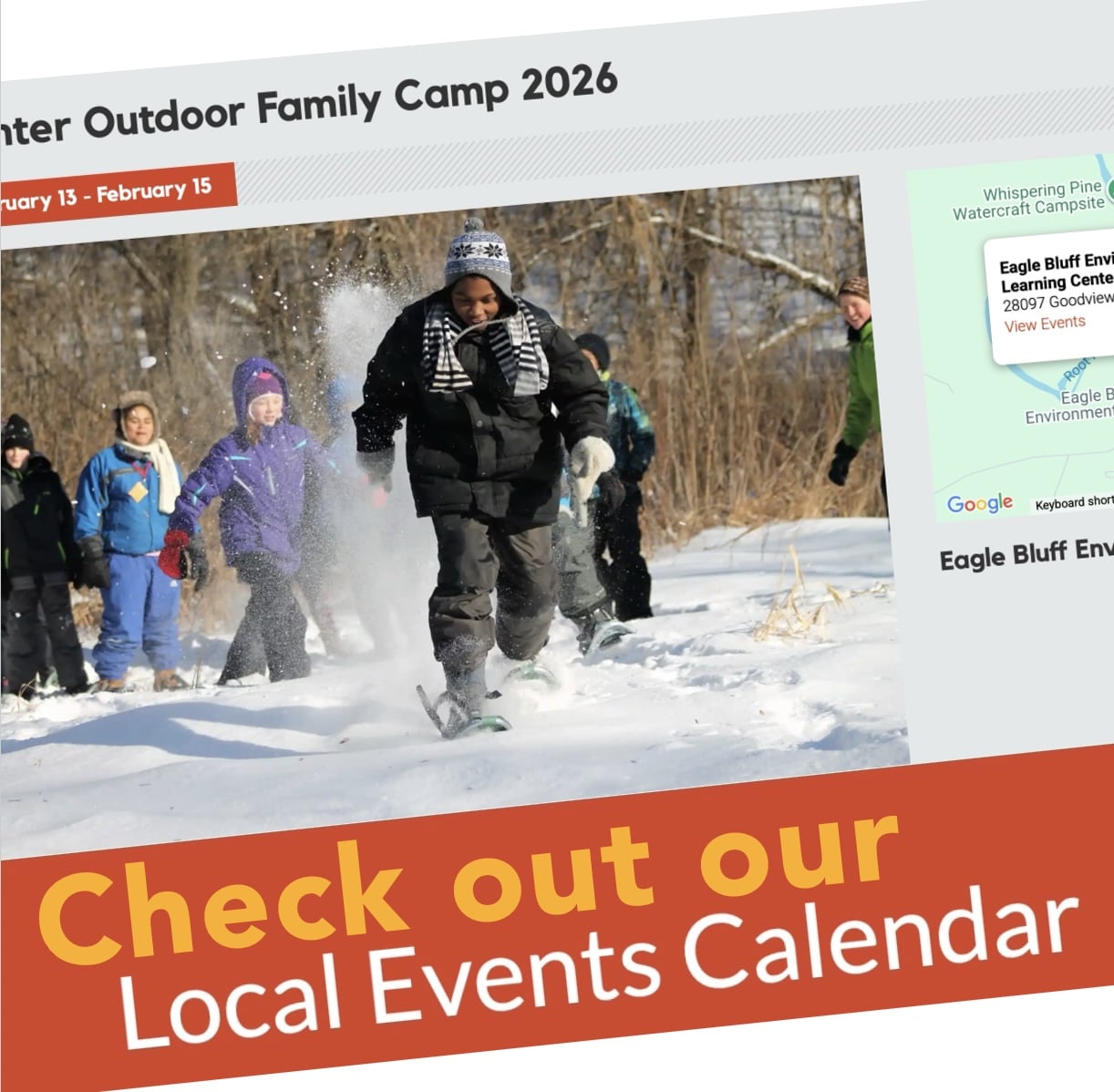Essay | Campfire Truths

SOUTHEAST MINNESOTA — Most of us grew up with the comic strip “Peanuts” and regularly (if not daily) related to the trials and tribulations of Charlie Brown.
My all-time favorite strip was the one in which Charlie Brown was knocked unconscious (can’t remember the cause) and someone shouted, “We have to give him first aid!” Lucy, in the starring role, calmly replied, “Oh, I’m sure first-aid isn’t necessary. Second- or third-aid will do.”
The strip’s author, Minnesota-native Charles Schulz, turned all of his created children (and one dog) into philosophers. One of Charlie Brown’s reflections is especially relevant to this essay: “There are three things in life that people like to stare at: a flowing stream, a crackling fire, and a Zamboni clearing the ice.”
That quote rings fundamentally true to me. Setting aside the Zamboni reference here (sorry, hockey fans), streams and campfires share two valuable attributes. They are both good to “think with”, and they both foster companionship and truth-telling. No wonder they are attractive.
Which brings me to the primary subject of this post. If there is any hope of taking a more holistic approach to management, river publics, policy makers, land managers, and scientists need to schedule more meetings around tribal campfires.
In my previous job as a government scientist, I spent a good deal of time being what we referred to as a professional meeting-goer. It’s an important communication role, but I often returned home feeling like the time was wasted. Too many hours spent reviewing the progress and budget of this or that program; not enough on sharing values or fixing real problems.
In addition, gathering at hotels and conference centers – while fine for enjoying comfortable beds and complimentary breakfasts – seemed to provide for lots of time on cell phones, but little in deeper discussions about holism and sustainability.
I’ve learned much from a rare institution whose members purposefully take off their agency hats to get down to common and serious river problems. It’s called the Upper Mississippi River Conservation Committee (UMRCC).
The group’s annual spring meeting has been somewhat traditional with speakers and plenary sessions. But in the fall, each UMRCC technical section (Fish, Wildlife, etc.) historically has met separately at a campground or small and usually remote setting to share recent observations of the river’s condition, and consider any and all solutions.
These campfire discussions are open, candid, and legendary in their scope and passion. Young and old are heard. I suspect that without knowing it, they demonstrate the ancient Persian strategy for identifying good ideas – discussing them twice, once while sober, and once while under the influence.
Second- or third-aid isn’t going to help our rivers these days. There are too many distractions and competing interests. We need to rethink even the simple things like how (and why!) we meet, and “Who is ‘we’?”
Meeting on the riverbank is a good way to start. Nothing makes you feel more accountable than standing shoulder-to-shoulder and facing that thing you’re supposed to be taking care of.
The human footprint gets bigger every year, and hard decisions, many of which still remain undiscussed, are becoming more urgent.
That requires re-commitments to providing first-aid.
“Campfire Truths” was originally written for OldManRiverDialogs, © 2016 Ken is also author of Things that Flow: Humor, Poetry, and Essays about Rivers and Life, self-published through iUniverse.








